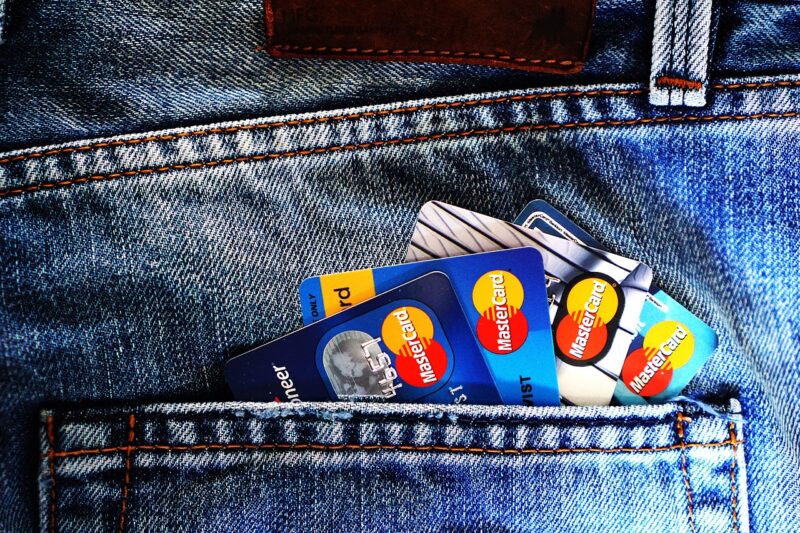
Building credit in your 20s is one of the most vital steps you can take towards a secure financial future. A good credit score can open doors to better interest rates on loans, credit cards, and mortgages, enabling you to make significant purchases with ease. Here’s a comprehensive guide on how to build credit quickly and wisely in your 20s.
1. Understanding Credit Scores
To get started, it’s crucial to understand what a credit score is and how it works. Your credit score is a numerical representation of your creditworthiness, typically ranging from 300 to 850. The score is calculated based on several factors:
- Payment History (35%): Timely payments on your bills and debts are the most significant factor determining your score.
- Credit Utilization (30%): This ratio compares the amount of credit you’re using versus your total credit limit.
- Length of Credit History (15%): A longer credit history generally boosts your score as it provides more data about your spending habits and repayment behavior.
- Types of Credit (10%): Having a mix of different types of credit accounts, such as credit cards and loans, can positively affect your score.
- New Credit Inquiries (10%): When you apply for credit, lenders conduct hard inquiries. Too many hard inquiries within a short period can lower your score.
Understanding these factors will help you take proactive steps in building your credit.
2. Open a Secured Credit Card
A secured credit card requires a cash deposit that acts as your credit limit. This is a great option if you’re new to credit. Here’s why:
- Establishes Your Credit History: Regularly using the card and making on-time payments establishes a credit history, which is essential for building your score.
- Fewer Restrictions: Secured cards usually have less stringent approval requirements compared to unsecured cards, making them ideal for beginners.
- Potential for Upgrades: Many secured cards transition into unsecured cards after consistent responsible usage, increasing your credit limit without needing another application.
To maximize the benefits, treat your secured card like a regular credit card. Keep your utilization below 30% of your credit limit and pay off the balance in full each month.
3. Make Payments on Time
Your payment history is the most significant factor in your credit score. Therefore, it’s crucial to make all your payments on time, including:
- Credit cards
- Loans (student, personal, auto, etc.)
- Utilities and Rent
Consider setting up automatic payments or reminders to ensure you never miss a due date. Even one late payment can have a negative impact on your score, so it’s important to prioritize this.
4. Keep Your Credit Utilization Low
Credit utilization plays a major role in your credit score calculation. Ideally, you should aim to keep your credit utilization under 30%. Here are some tips to manage your credit utilization:
- Pay Balances in Full: Whenever possible, pay off the full balance on your credit cards each month to avoid accruing interest and damaging your utilization ratio.
- Make Multiple Payments: If you can’t pay in full, consider making multiple payments throughout the month to keep your balance low.
- Increase Your Credit Limit: If you demonstrate responsible spending and payment habits, request a credit limit increase to help reduce your utilization ratio. Remember, don’t increase your spending just because you have a higher limit.
5. Regularly Check Your Credit Report
Monitoring your credit report frequently will help you identify any mistakes or fraudulent activities. Here’s how:
- Use Free Resources: Take advantage of free services that allow you to check your credit score and report, such as AnnualCreditReport.com, Credit Karma, or your credit card provider’s services.
- Dispute Errors Promptly: If you spot any inaccuracies, dispute them with the credit bureau promptly. Mistakes can negatively affect your score.
- Monitor for Fraudulent Activity: Spotting unusual accounts or inquiries may indicate fraud, allowing you to take action early.
Checking your report regularly will keep you informed and help build a more robust credit foundation.
6. Diversify Your Credit Mix
As you progress, consider adding variety to your credit accounts, which can enhance your score. Types of credit accounts include:
- Revolving Credit (credit cards)
- Installment Loans (student loans, car loans)
- Retail Cards (store credit cards)
While diversification can be beneficial, only take on debt you can manage. Responsibly utilizing various types of credit demonstrates to lenders that you can handle multiple obligations, thus improving your credit score over time.
7. Become an Authorized User
If you have a responsible family member or friend with excellent credit, consider asking them if you can be added as an authorized user on their credit card. Benefits of this arrangement include:
- Instant Credit History: You’ll benefit from their positive payment history without having to make charges yourself.
- Increased Credit Limit: This can further reduce your utilization ratio, positively impacting your score.
However, proceed with caution. Ensure that the primary user maintains a positive credit utilization ratio and makes timely payments, as their mistakes can also affect your score.
Conclusion
Building credit takes time, patience, and strategizing, but starting in your 20s sets the stage for a solid financial future. By understanding how credit works, using credit responsibly, making timely payments, and monitoring your report, you’ll establish a strong credit score that opens up opportunities for homeownership, financial leverage, and financial independence. Remember that good credit doesn’t happen overnight, but with the right habits in place, you can build it effectively.
If you start now and stay committed, your future self will thank you for taking these essential steps to build credit fast and smart in your 20s.






